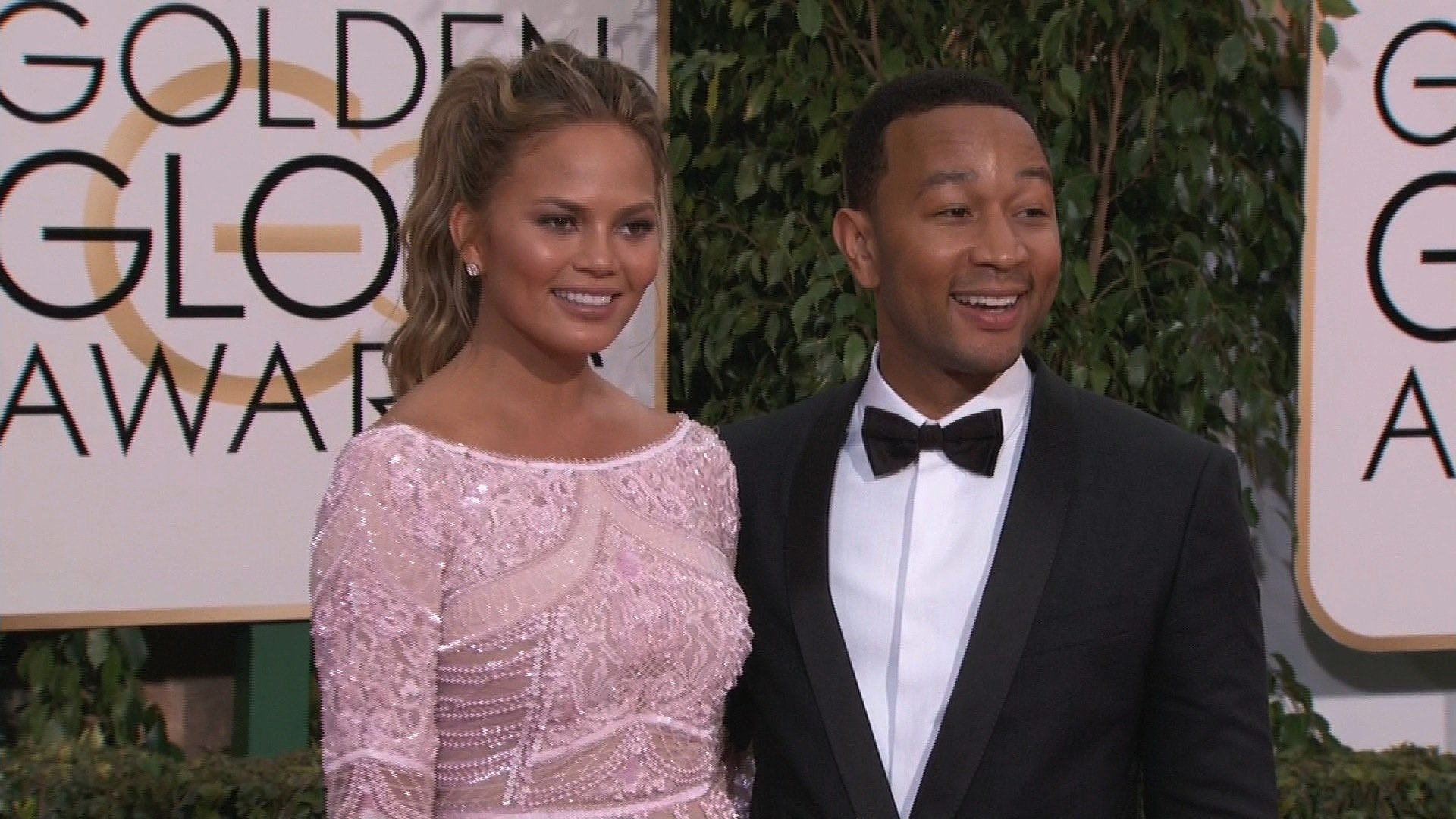Up for two Grammys and his first Oscar, John Legend is the dapper cover star of Los Angeles Confidential’s latest issue and an honoree at the magazine’s big entertainment bash Thursday at the Beverly Hills Hotel. Yet the R&B star is declining the invitation.
Legend has joined the widespread boycott against the Beverly Hills Hotel launched by Hollywood last spring.
The protest is in response to Sultan Hassanal Bolkiah, owner of the hotel chain, unveiling Sharia law in Brunei that allows for the stoning, amputation or flogging of those found guilty of adultery or homosexuality.
“These policies, which among other things could permit women and LGBT Bruneians to be stoned to death, are heinous and certainly don’t represent John’s values,” Legend’s publicist, Amanda Silverman, said in a statement. “John does not, in any way, wish to further enrich the Sultan while he continues to enforce these brutal laws.”
The Sultan installed the ancient penal code in October 2013, and Hollywood caught on the following April, when tweets from Ellen DeGeneres, Elton John and Sharon Osbourne guaranteed that the boycott went viral. In May, the Feminist Majority Foundation pulled an annual fundraiser from the hotel and organized a rally across the street, attended by Jay Leno, Mavis Leno (who serves on the board) and actress Francis Fisher.
Despite Hollywood’s key players boycotting the hotel and a letter from the Human Rights Campaign this week strongly urging Los Angeles Confidential to “reconsider your decision to host an event at the Beverly Hills Hotel, or any hotel owned by the Sultan of Brunei,” the magazine stands by the decision to host the party at the iconic Pink Palace’s Crystal Ballroom.
Katherine Nicholls, CEO of the magazine’s parent company Niche Media Holdings, cites the impact of the boycott on the hotel’s 650 local employees and 4,000 vendors.
“To boycott all companies and hotels with affiliations and ownership in nations that do not share our beliefs would cause serious financial harm and damage to the Los Angeles community and the American economy,” Nicholls said.
The Dorchester Collection, owned by an investment fund led by the Sultan, had no comment on the boycott’s impact on hotel employees. When protests bubbled up in May, Dorchester Collection CEO Christopher Cowdray told CNN he urges activists to take their frustrations to Washington, not out on hotel workers.
“It’s going to hurt our employees, and this has nothing to do with them whatsoever. It’s not their fight,” he said. “It’s regrettable that a more global perspective is not being taken.”
Demonstrators are turning their attention to the global stage with an upcoming rally on February 18 organized by the labor group UNITE HERE! The protest will decry Brunei’s consideration for inclusion in the Trans-Pacific Partnership Agreement, which would award the country free-trade privileges with other nations including the United States.
“If anything people are more agitated by this dictator, who is anti-women and anti-LGBT with this penal code, now becoming a part of this trade deal,” Eleanor Smeal, president of Feminist Majority Foundation, said.
The Embassy of Brunei in Washington did not immediately respond to requests for comment on the pervasive protests against the Sultan’s policies.
Brunei is small nation on the island of Borneo in Southeast Asia and is bordered by Malaysia. In 1888, Brunei became a British protectorate, according to the CIA Factbook. In 1984, it become independent. The same family has ruled Brunei for over six centuries and has one of the highest per capita GDPs in Asia because of its crude oil and natural gas reserves.



